Search Fellows
Click on a Fellow below to view more information or create your own search.
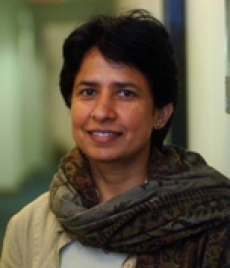
Neeraj Kaushal
Columbia University
Visiting Scholar
2012 to 2013
Kaushal and Yao Lu will complete a study comparing immigrant selection and assimilation in Canada and the U.S. Their research will systematically assess the relative selection of immigrants to these countries with respect to levels of education, host country language proficiency, and initial earnings. They will further examine the relative economic well-being of immigrants in these two countries after adjusting for different levels of immigrant selection. They will examine how these trends have shifted since 1990.
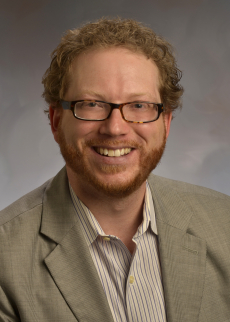
Nathan Kelly
University of Tennessee
Visiting Scholar
2017 to 2018
Kelly will complete a book on the relationship between political and economic inequality, focusing on how high levels of economic inequality can produce an “inequality trap,” or a cycle in which economic inequality reinforces itself by changing how the political system functions. He will analyze how factors such as political deadlock in Congress, election outcomes, and public opinion contribute to this feedback loop.
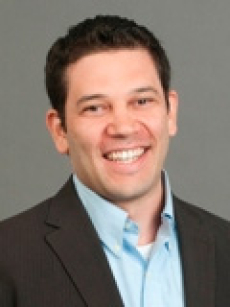
Judd B. Kessler
University of Pennsylvania
Visiting Scholar
2014 to 2015
Kessler (working with Andrew Schotter) will write a series of papers examining the impact of both explicit and implicit advice on people’s decision making processes and their subsequent life outcomes. He hypothesizes that one of the reasons why the rich stay rich and the poor stay poor is the quality of advice each receives when they make major life decisions.
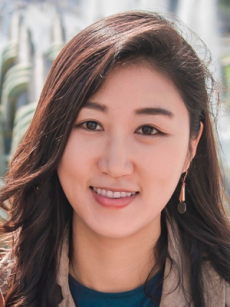
Eunji Kim
Columbia University
Visiting Scholar
2023 to 2024
Kim will examine the relationship between media exposure and mass attitudes toward policing. She will draw on survey data, Nielsen ratings data, and experiments to investigate the extent to which widespread exposure to popular police procedural TV shows, ranging from Blue Bloods to Chicago P.D, promotes favorable attitudes toward the police and excessive use of force.
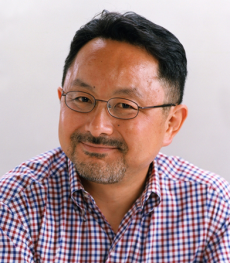
Shinobu Kitayama
University of Michigan
Visiting Scholar
2019 to 2020
Kitayama will draw on three decades of empirical research in cultural psychology and neuroscience to write a book that argues that the human mind is shaped and transformed by social and cultural contexts, rather than biology. He will explore how different socio-cultural environments influence the relationship between peoples’ subjective, psychological health and their objective, biological health. He will also study how culture, social class, and other factors affect individuals’ cognition, motivation, emotions, and perceptions of the self.
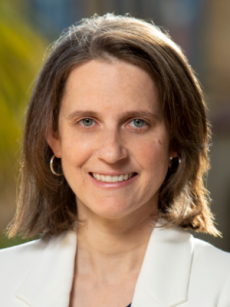
Barbara Kiviat
Stanford University
Visiting Scholar
2023 to 2024
Kiviat will analyze the 30-year battle over whether car insurers should be able to raise prices on drivers with low credit scores. She will draw on documents from public policy debates, interviews with insurance company executives and insurance regulators, and participant observation to explore the moral justifications for using algorithmic predictions of behavior to offer individuals different products and prices.
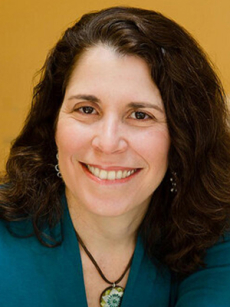
Jennifer Klein
Yale University
Visiting Scholar
2022 to 2023
Klein will explore the interconnections between the history of incarceration and the environment in Southeastern Louisiana. She will focus on the institutions that took root on Louisiana’s former sugar plantations: prisons and confinement hospitals, chemical plants, and waste removal facilities. Revealing the profitable processes of waste, the project will highlight the relationships between mass incarceration, coerced labor, and environmental racism.
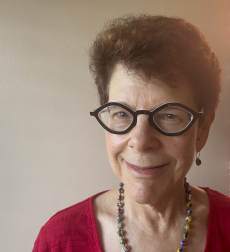
Gail Kligman
University of California, Los Angeles
Visiting Scholar
2004 to 2005
Gail Kligman, Professor of Sociology at the University of California, Los Angeles, and Katherine Verdery, Eric R. Wolf Professor of Anthropology at the University of Michigan, will conduct a joint study of how a nation’s concept of property as being either private or public influences people’s sense of identity.
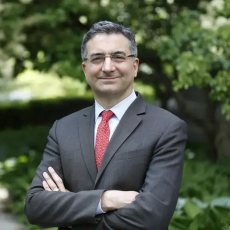
Robert Klitzman
Columbia University
Visiting Scholar
1999 to 2000
Robert Klitzman, assistant professor of clinical psychiatry at Columbia University, will draw on in-depth interviews to examine issues of trust raised by the HIV epidemic. How do people trust a sexual partner who tells them they are not a carrier of the virus? Given the stigma associated with the disease, how do people with HIV decide whom to trust with knowledge of their illness? How are these decisions affected by social factors, such as ethnicity, gender, and social class?
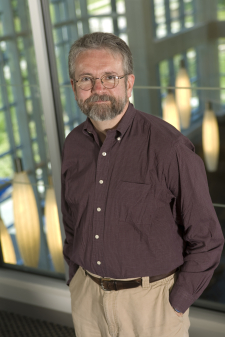
Jack Knight
Washington University in St. Louis
Visiting Scholar
2002 to 2003
Jack Knight, the Sidney W. Souers Professor of Government in Arts and Sciences at Washington University in St. Louis, and James Johnson, associate professor of political science at the University of Rochester, will examine the challenges that models of political institutions pose to democratic theorists. Their research will show that the results of these models, primarily from game theory, do not represent so dire a threat to democratic commitments as commonly is supposed.
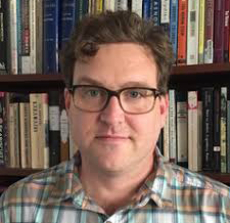
Eric Knowles
New York University
Visiting Scholar
2019 to 2020
Knowles and Monica McDermott (in collaboration with Jennifer Richeson) will study the attitudes and beliefs of white working-class individuals toward racial minorities and the changing demographics of the U.S. Through laboratory and survey experiments and interviews, they will analyze the conditions that generate both positive and negative perceptions of racial minorities by low-income whites.
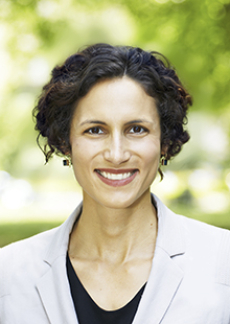
Issa Kohler-Hausmann
Yale University
Visiting Scholar
2017 to 2018
Kohler-Hausmann will complete a book on how New York City’s signature policing tactics—including “broken windows” and “quality-of-life” policies—have contributed to mass misdemeanor arrests. Drawing from three years of fieldwork, unique datasets, and interviews with prosecutors, judges, defense attorneys and defendants, she will study how misdemeanor cases contribute to racial and class inequalities despite the fact that they often do not result in criminal convictions or jail sentences.
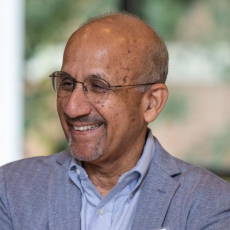
Atul Kohli
Princeton University
Visiting Scholar
1996 to 1997
Atul Kohli, professor of politics and international affairs at the Woodrow Wilson School of Public and International Affairs, Princeton University, partially completed a book comparing the role of the state in promoting industrialization in four developing countries, South Korea, Brazil, India, and Nigeria. He wrote an essay based on this work for the journal World Development and also edited two volumes, one on the state and ethnic conflict in India and the other on the role of the state in managing security problems.
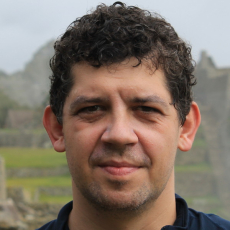
Wojciech Kopczuk
Columbia University
Visiting Scholar
2019 to 2020
Kopczuk will work on measurement of trends in income inequality. In particular, using corporate tax data, he will analyze the extent to which retained corporate earnings have affected prior measurements of income at the top of the distribution. He will also explore how the movements of high-income and high-skilled migrants have affected trends in income inequality in both their destination and origin countries.

Roberto Patricio Korzeniewicz
University of Maryland, College Park
Visiting Scholar
2006 to 2007
Roberto Korzeniewicz, Associate Professor of Sociology at the University of Maryland, College Park, and Timothy Moran, Assistant Professor of Sociology at SUNY, Stony Brook form a working group that will be at the Foundation in the fall to write a book examining inequality from a global perspective, focused on rising economic disparities among countries around the world. They will argue that trends in the last century have led to reduced inequality within wealthy nations, but accentuated inequality between rich and poor nations.
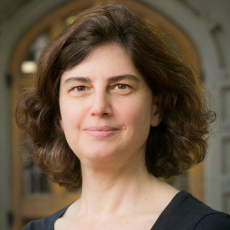
Rachel E. Kranton
University of Maryland
Visiting Scholar
1997 to 1998
Rachel E. Kranton, assistant professor of economics at the University of Maryland, explored the enduring importance of personal ties in negotiating economic exchange. In the expanding global economy, arrangements based on common ethnicity, family connections, and shared educational backgrounds still play an integral market role. Kranton investigated how community- and relationship-based channels of exchange can replace or complement impersonal markets.
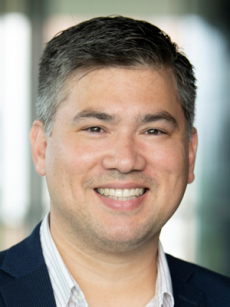
Michael W. Kraus
Yale University
Visiting Scholar
2023 to 2024
Kraus will examine how Asians in the U.S. have been impacted by increases in anti-Asian racism during the COVID-19 pandemic. He will draw on original survey data, data from the Pew Research Center American Trends Panel, Center of Disease Control and Prevention data, and an experiment to explore how these experiences have affected work and communal spaces for Asian populations and their engagement in anti-racism efforts.
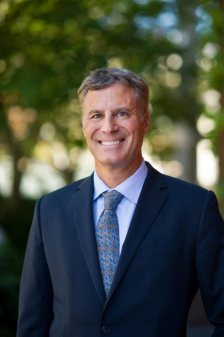
Alan Krueger
Princeton University
Visiting Scholar
2003 to 2004
Alan B. Krueger, Bendheim Professor of Economics and Public Policy and professor of economics and public affairs, Woodrow Wilson School, Princeton University, will tackle multiple projects, including a study of whether there is a connection between terrorism and poverty, low income, and political repression. During his year at the Foundation, Krueger will also examine private school voucher experiments, the ways in which the public learns about the economy, the effectiveness of the Fast ForWord reading program, and methods of measuring well-being.
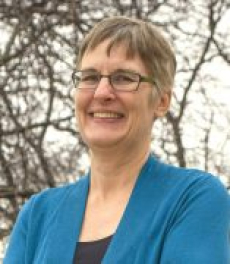
Maria Krysan
Pennsylvania State University
Visiting Scholar
1998 to 1999
Maria Krysan, assistant professor of sociology at Pennsylvania State University, will study the role of residential preferences in perpetuating racial segregation. Whereas research on segregation has often focused on discrimination in the housing search process, Krysan employs survey research to investigate the role of white and minority attitudes toward living in racially mixed or homogeneous neighborhoods. She explores how groups differ in their preferences, and the degree to which such preferences arise from racial bias, fear of harassment, or other causes.
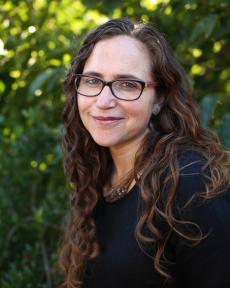
Michal Kurlaender
University of California, Davis
Visiting Scholar
2017 to 2018
Kurlaender will research inequality in higher education, using data from California’s public higher education systems to explore the correlates of racial and socioeconomic disparities in academic achievement and college completion. She will also evaluate policies aimed at increasing college completion and explore how different institutions’ programs and practices can either ameliorate or exacerbate attainment gaps.
